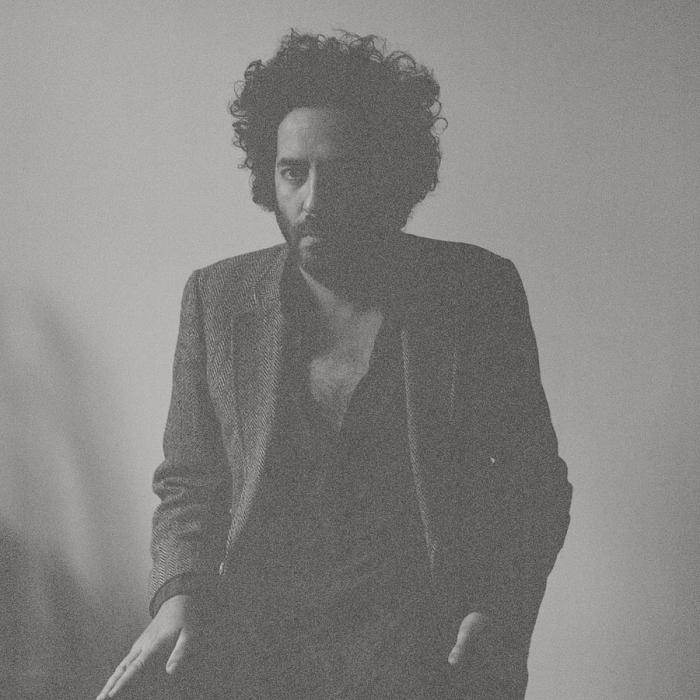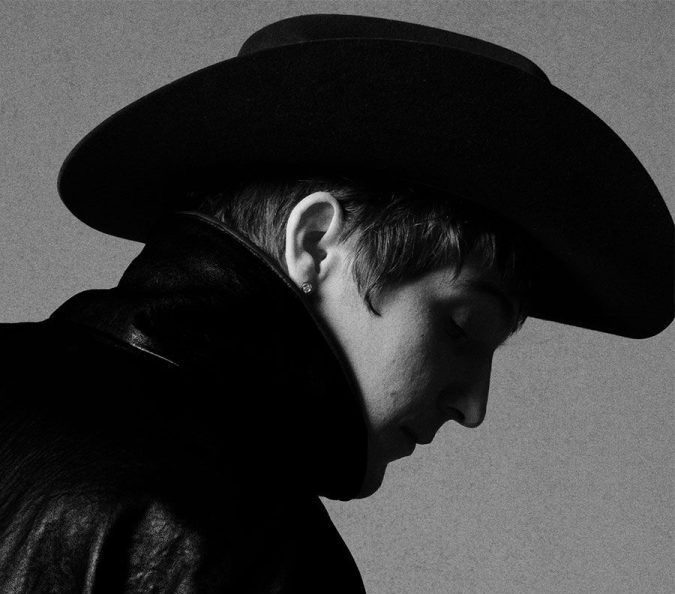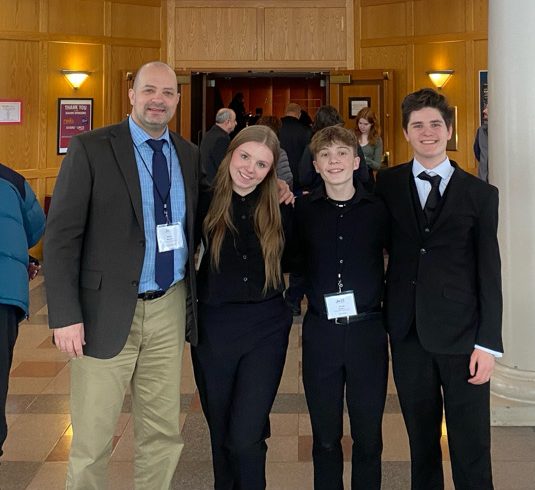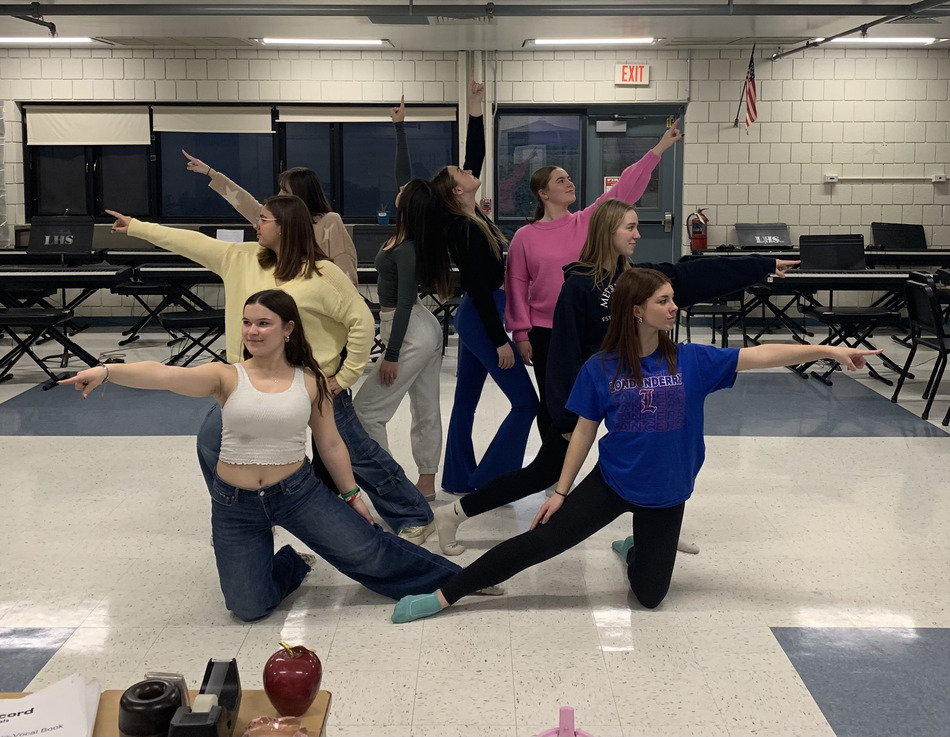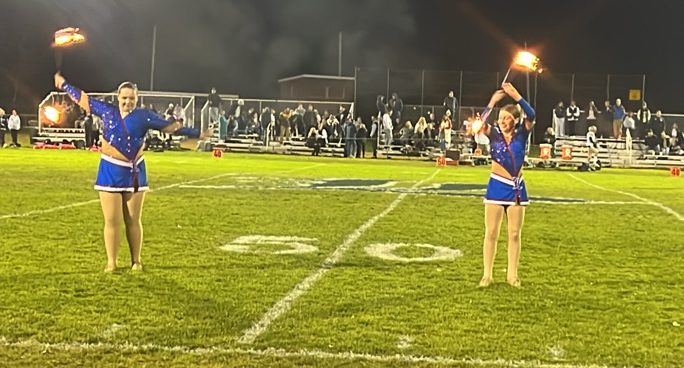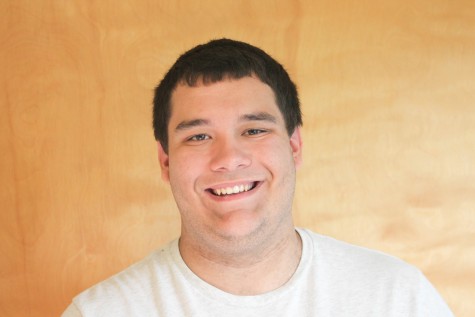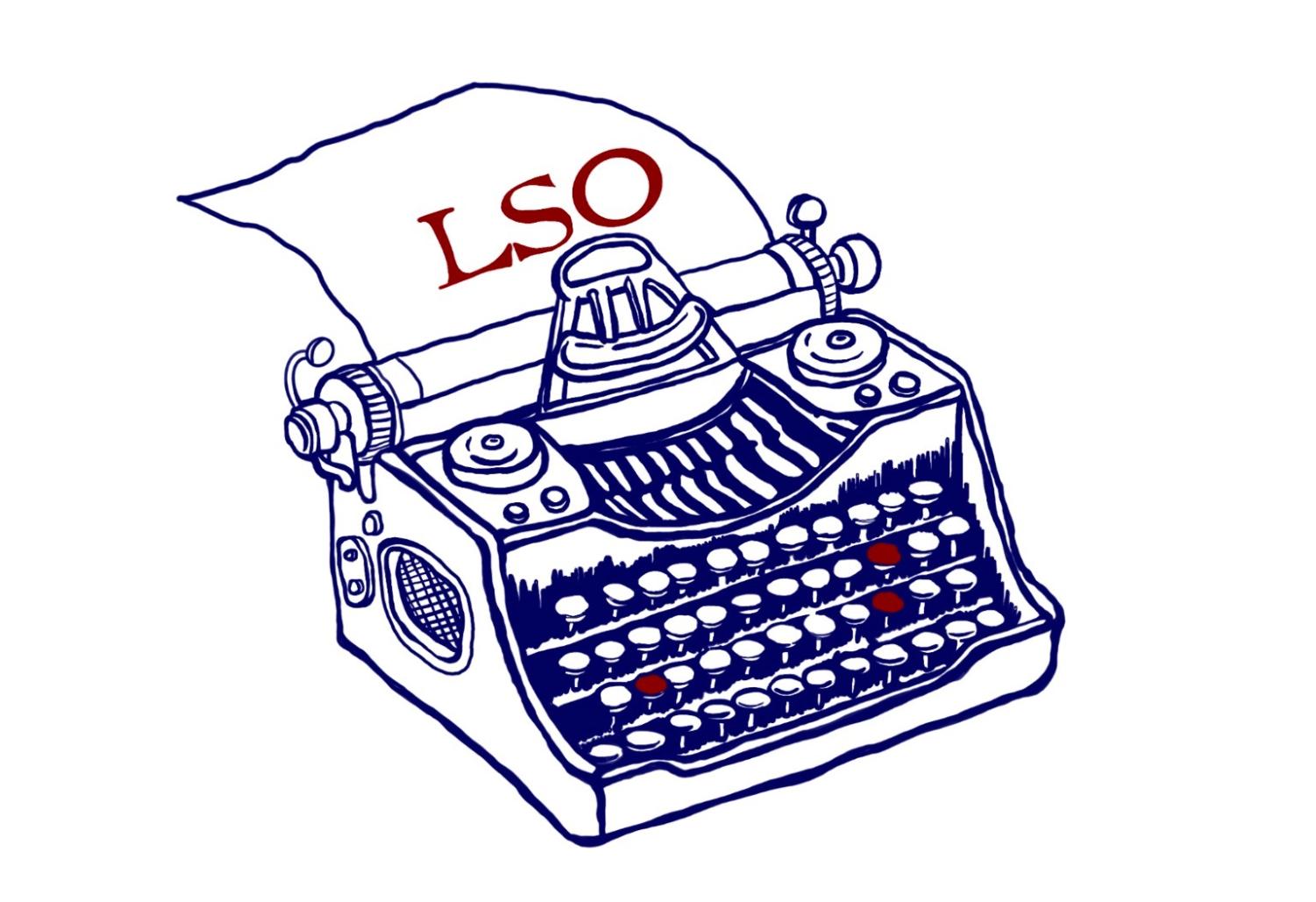How many songs are there about New York?
The sheer quantity of mournful, impassioned odes to the City that Never Sleeps make it one of music’s biggest cliches, but Dan Bejar uses its seemingly endless font of inspiration to bookend his superb tenth outing as Destroyer, Poison Season. “Times Square,” a two-part tribute to the Big Apple, wrapped in Biblical references and graffiti, both opens and closes the album with soft, twinkling piano and warm strings. As far as songs about New York go, it’s poetic, vibrant, and welcoming, much like the eleven songs tucked tenderly in between.
“Dream Lover,” the lead single and second track, blows up the peaceful melodies of “Times Square,” transforming into a rocking, rollicking pop anthem. The Bowie influence, from Bejar’s accented, spidery vocals to the saxophone and piano rampant across the record, is palpable. “Dream Lover” shows flashes of Diamond Dogs, while the rich, operatic cellos and violas that open “Forces from Above” recall the drama and pomp of Scary Monsters.
Bejar has a penchant for the verbose. Lyrically, his imagery is vibrant, colorful, and wordy, playing the part of both the mystic and the madman. Lines like, “the evening progresses like a song to the heavens” are at once pretentious and profound, but as unwieldy and downright weird as he gets, Bejar never loses his audience. There is a taste of Elvis Costello, a touch of Harry Nilsson, but the songs are delivered in a way all his own.
So here, then, is the problem: Dan Bejar wants too much to sound like other artists. Whether it’s the inescapably obvious Bowie influences or the willfully obtuse songwriting, the album is trapped in a bubble of influences and tributes that makes it hard to breathe on its own. Even still, though, there is life here. The tracks on Poison Season, as derivative as they are, are well-crafted and enjoyable.
Poison Season is an album that benefits from showing its age. Bejar seems worn thin by his career, be it ten albums of material or a rigorous touring schedule. However, he doesn’t shy away from that weariness. Instead, it supplements his words, makes them seem wiser, leaner, more sage than cynic. The music is older, purer – orchestral chamber pop interwoven with bouts of dusty funk and soft rock. The instrumentation works in that we’ve been there before. Explosions of brass, swells of strings, and occasional crunching spurts of all-out indie rock all converge to make something greater than the sum of its parts.
Drowsiness permeates Poison Season. The tracks are dreamlike, ethereal, like something half-imagined while trying to fall asleep Still, there is a beauty to this kind of tired. When Bejar slurs, bleary-eyed, “Ah, s**t, here comes the sun” on “Dream Lover,” we dread its inevitable rise with him. For nineteen years now, Dan Bejar has existed in that twilight space, blinking back sleep, and the cold, soft atmosphere of Poison Season reflects that. Destroyer is an act that works best in those predawn hours, steeped with smoky haze and pale light. Kind of like New York.
8/10



